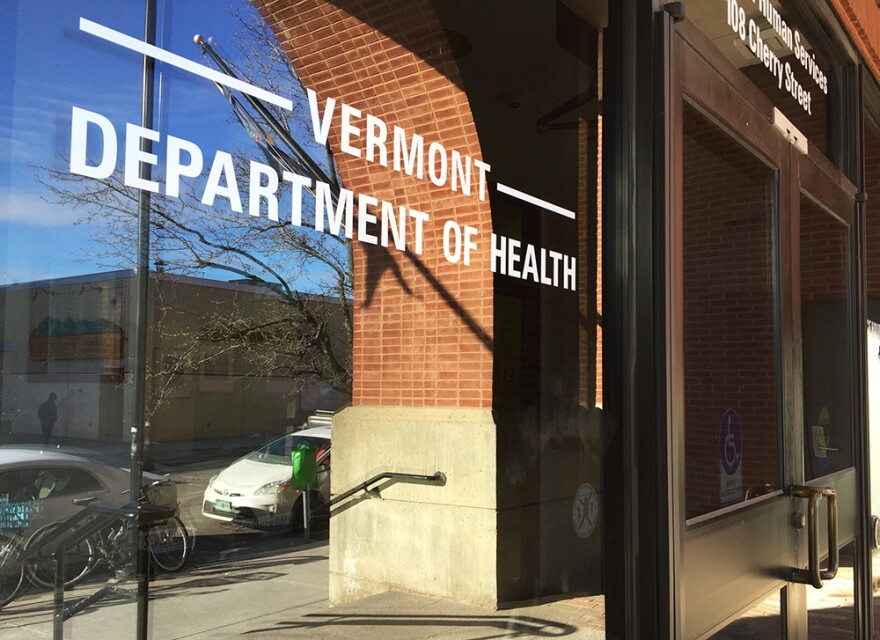A new report from the Vermont Department of Health says 72 people died in Vermont last year from overdoses of prescription drugs, including from fentanyl, a powerful synthetic narcotic.
Fentanyl is dangerous in part because the people using it aren't always aware that they're taking a drug far more potent than heroin.
"I suspect that mostly they just think it's a potent batch, or it's more potent than they expect," said Health Commissioner Harry Chen. "And that's the problem, because it is so much more potent than heroin or morphine."
Chen says that in addition to its legitimate use in hospitals, fentanyl is being manufactured illegally for the black market.
According to a new report on prescription drug overdoses from the Vermont Department of Health, 29 people died from fentanyl last year, compared to 18 deaths in 2014.
"The increase in heroin and fentanyl since 2013 is pretty remarkable and dramatic," Chen said Friday.
In 2013, heroin was involved in 20 overdose deaths, and fentanyl was involved in 12.
Last year, heroin played a role in 34 overdose deaths, and the 29 fentanyl deaths represent a 142 percent increase over 2013.
Chen says his department is trying to figure out how to prevent more fentanyl deaths.
"The question I had to ask myself as health commissioner: 'Well how do I, how can I approach that?'" Chen says. "Some of that's a law enforcement piece, but as much as anything some of it is making sure we get the Naloxone out on the street because fentanyl is especially potent, and so you can die from it very easily."
Naloxone -- also known as Narcan -- is a drug the health department has been distributing that can reverse the effects of an opiate overdose if it's administered in time.
"The increase in heroin and fentanyl since 2013 is pretty remarkable and dramatic." - Dr. Harry Chen, Vermont Department of Health
The focus of the new report was deaths from prescription drugs, and fentanyl isn't the only one killing people.
Including the 29 deaths from fentanyl, the health department report says there were 72 deaths involving prescription drugs last year.
Of those, 60 deaths were caused by overdoses on prescription opiates compared to 44 in 2014.
Vermont made opiates a priority in 2013. And Chen says the state is still trying to reduce the amount of legal opiates on the street.
"We want to see prescribers prescribing less, even though in the midst of all this angst about overdoses and opioids, we haven't budged the number of prescriptions written significantly in Vermont," he said. "So I'm looking to work with the medical community to think about limiting some of the sizes of those prescriptions."
Chen said getting Naloxone further into communities is especially important because time is of the essence in the event of an overdose.
The new report says 47 of the 60 people who died from overdoses were already in cardiac arrest when first responders had a chance to administer Naloxone, and for all 47 of them, it was too late.





